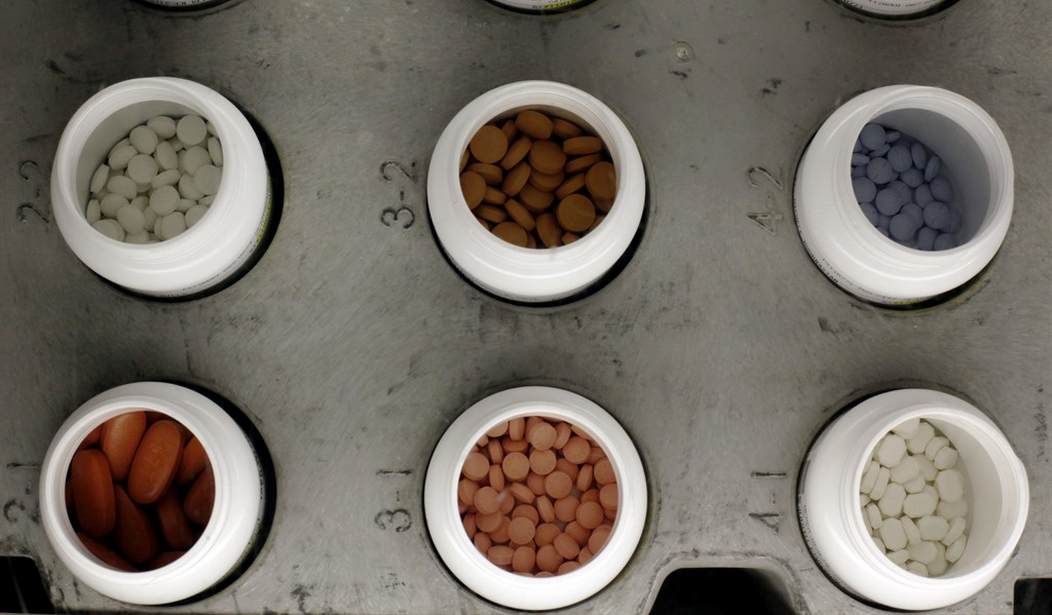When it comes to the nation’s healthcare system, most citizens recognize the need to counter rising healthcare costs and control fixed costs such as spending on insurance premiums and prescription drugs. By reducing these burdens on consumers and taxpayers, the U.S. can lower costs for entitlement programs and reinvest or return money to taxpayers where it’s needed most.
In an effort to identify areas for additional cost savings across the healthcare delivery network, the Senate Health, Education, Labor and Pensions Committee recently held a hearing on how drug delivery systems affect consumer prices.
Though only covering one aspect of the larger healthcare system, this is an important step in understanding the numerous players that operate in the opaque ecosystem between drug manufacturers and consumers. Organizations that influence pricing for pharmacies hold enormous sway over the healthcare market and face very little scrutiny or regulation.
The largest of these players are Pharmacy Benefit Managers (PBMs), companies which function as third party administrators of prescription drug programs. PBMs develop a list of approved medications they will cover, negotiate with manufacturers for list prices and accompanying rebates on behalf of pharmacies, and then contract these lists and prices to pharmacies.
The size and power of these companies means that manufacturers must negotiate with them to distribute their products, while pharmacies must contract to them to fill prescriptions for patients.
Recommended
In fact, just three PBMs (Express Scripts, CVS Caremark, and OptumRX) control 75-85 percent of the market and have more than $250 billion in estimated revenues. It should be of no surprise that many of these companies are some of the largest in the U.S. – CVS Health, which owns CVS Caremark, is the seventh largest company in the country and Express Scripts is the 22nd largest.
This has led to numerous instances of abuse and outright criminal behavior as PBMs pocket savings intended for consumers and operate a business model that privileges profits over patients. Recently, Anthem decided to part ways with its PBM, Express Scripts, over an ongoing suit the insurer filed claiming Express Scripts withheld billions in savings. These are savings that ultimately are not being passed onto the taxpayer.
From rebates from manufacturers to processing fees for pharmacies, PBMs pocket profits at every step and, due to their market power and size, can even increase costs to consumers while reducing choice and competition.
PBMs author and update formulary lists, a master list of prescriptions that are approved by the PBM for issuance. Exclusion from these lists can result in non-coverage for patients or higher prices for comparable technologies. All while the company profits.
Without a full understanding of the players in this space, it remains unclear how much of the savings PBMs negotiate from drug manufacturers are passed onto U.S. taxpayers in the form of lower out of pocket costs, lower premiums or lower copays.
It is vital to the health of our nation that we identify inefficiencies that are driving up health care prices and resulting in more out of pocket costs for American taxpayers.
By taking a holistic view of the market and scrutinizing all players equally, we can make real progress towards improving our nation’s health and saving American families money.

























Join the conversation as a VIP Member